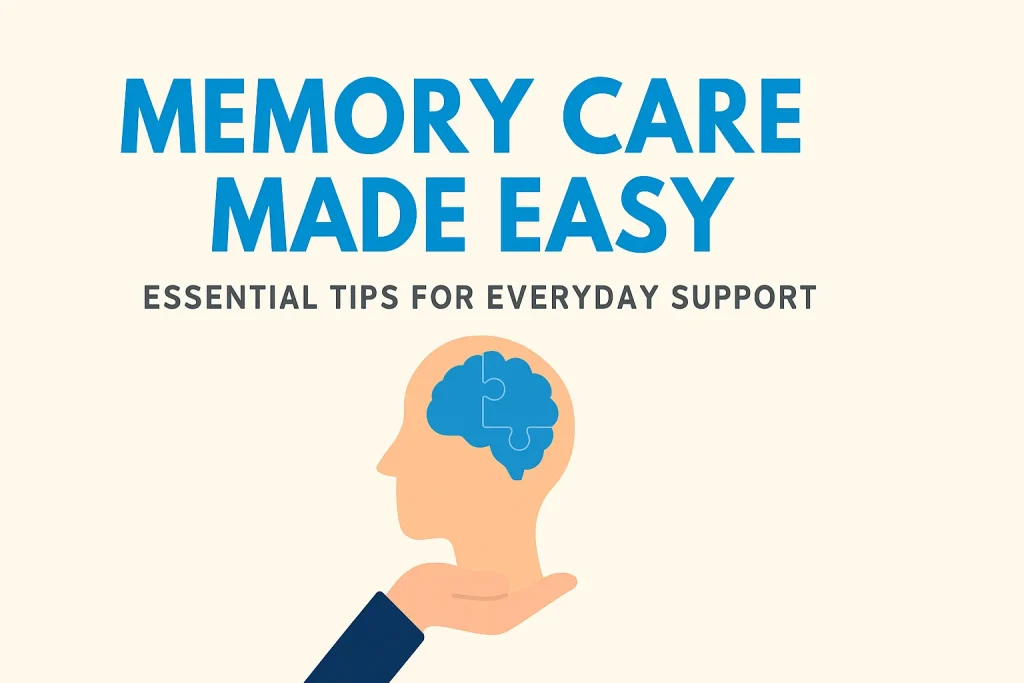Memory Care Made Easy: Essential Tips For Everyday Support

Memory challenges, like those that come with dementia, can completely change a person’s life. They may take away your loved one’s ability to find their way around even in familiar areas and detract from their capacity to enjoy activities they once did. On top of that, they can alter a person’s personality on several levels and take away their cherished life experiences. Eventually, they can take an even greater toll on their victims.
Thank you for reading this post, don't forget to subscribe!Because of that, seniors who are suffering from dementia need memory care support to help minimize the impacts of the condition. With the right care, life can be simpler and safer for those who are living with memory issues. The following essential tips can help you provide the support your loved one needs or find caregivers who are equipped to help.
Establish Consistent Routines
One of the best things you can do for someone who’s suffering from memory issues is to establish consistent routines. Seniors who are living with dementia and certain other conditions often deal with confusion, disorientation, anxiety, and additional issues. Those tend to get worse without a certain amount of structure in their lives. Repetition and familiar routines can alleviate them, though. They’re comforting, and they help bring order to the mental and emotional chaos memory challenges cause.
Reduce Clutter
Another way to help people who are suffering from dementia is to reduce clutter. Clutter and excess can cause added stress for anyone, but they’re particularly problematic for people who are dealing with cognitive decline and memory challenges. Keep your loved one’s living spaces neat and clean. Eliminate unnecessary items if possible to minimize visual chaos. Remember that excessive noise can also complicate your loved one’s life and make things more stressful for them, so keep that to a minimum as well.
Address Safety Hazards
Another important step to take is to eliminate potential safety hazards. That may include getting rid of rugs, extension cords, and certain pieces of furniture that could make rooms feel overly cluttered or pose trip hazards. Additionally, consider installing grab bars in bathrooms and hallways to give your loved one an added safety net against falls. Adding table lamps and taking other measures to improve the lighting in your loved one’s living space can make it safer for them as well.
Communication Is Key
Communication is just as important for seniors who are suffering from memory issues as it is for everyone else. Of course, it can also be more challenging. For dementia sufferers, conveying their thoughts and needs to others may be a struggle. Understanding what other people are trying to tell them can also be difficult.
When communicating with your loved one, try to speak slowly, using short sentences. Maintaining eye contact can make matters easier as well. When your loved one talks to you, don’t rush them, and do your best to try to understand what they’re trying to get across. Above all else, be patient, and watch for nonverbal cues.
Giving Your Loved One the Support They Need
Memory issues are often accompanied by physical and mental decline. Your loved one may find communicating, getting around, and carrying out everyday tasks to be increasingly difficult as their condition progresses. The tips mentioned here can help you provide the care and support they need. Keep in mind that no one can handle everything on their own, though. In-home caregivers, memory care communities, and other resources are available to help you ensure your loved one gets the best possible care.






